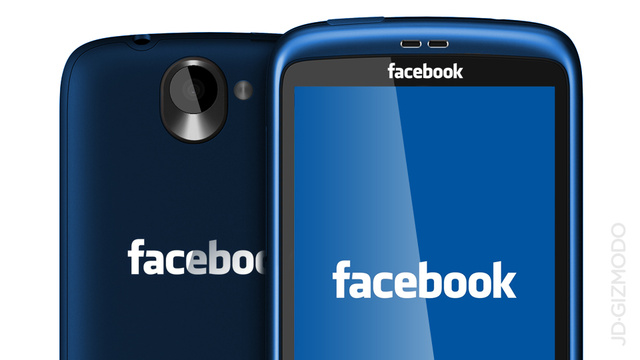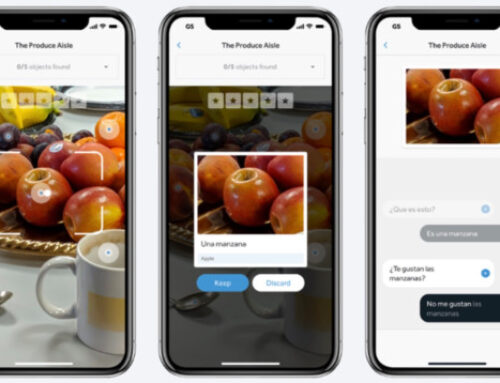Facebook is angling for a more prominent place on smartphones.
The social network is developing software for mobile devices powered by Google Inc.’s Android operating system that displays content from users’ Facebook accounts on a smartphone’s home screen—the first screen visible when they turn on the device, people familiar with the situation said.
Facebook is expected to first offer the capability on smartphones from HTC Corp., these people said. It also has been working to reach placement deals with other device makers.
Its move is designed to increase the amount of time people spend on its service and boost revenue from advertising, these people added. About 23% of the Menlo Park, Calif., company’s fourth quarter advertising was from ads on mobile devices.
The company now offers an app for Android devices, but through agreements with smartphone makers would make news feeds and other information immediately viewable. “It is putting Facebook first,” a person familiar with the matter said of Facebook’s initiative.
Facebook, which has said it has more than 650 million mobile users, is planning to make the app broadly available for all Android devices, these people said. Manufacturers must make some tweaks to the Android software to allow the Facebook app to take over the device’s home screen, they added.
Such changes by the manufacturer don’t violate the agreements those companies made with Google to preserve the consistency of the Android user experience, one of the people familiar with the matter said.
On Thursday, Facebook sent out invitations to a media event next week requesting recipients “come see our new home on Android.” Facebook and Google spokesmen declined to comment.
HTC declined to comment on its business relationship with Facebook. However, HTC noted that it previously launched the ChaCha phone, which had a button designated to posting photos directly to Facebook.
The move, said analysts, is an important step for Facebook to raise its role on mobile devices—even if it falls short of a rumored Facebook phone. The company has changed directions multiple times over the last few years, people familiar with the matter have said, and has looked into the complexities of designing hardware.
Last year Facebook CEO Mark Zuckerberg said a Facebook phone would be “the wrong strategy,” and would probably only net a small number of new customers. Now, Facebook seems to want to make friends with phone makers, with HTC likely the first of several partners.
“It could drive more frequent access of Facebook and ultimately, more time spent on Facebook and more advertising revenue,” said analyst Colin Sebastian at Robert W. Baird & Co.
Facebook’s move to become more deeply embedded into Android smartphones comes as the social networking company becomes increasingly aggressive on mobile. After several missteps, Facebook rejiggered the company last year to be mobile centric, overhauling the structure of the organization and revamping its applications for Apple Inc.’s iOS and Google’s Android operating systems.
While Apple’s tightly controlled ecosystem offers little room for customization, Google’s Android software is far more malleable, providing latitude for Facebook and handset makers to shape the user experience.
In recent quarters, Facebook has encouraged its employees—many of whom own iPhones—to spend more time on Android devices. Employees can request a free Android handset, one person familiar with the matter said. For several months, several employees have been testing the version of the Android app expected to be unveiled on Thursday, this person added.
The Facebook app would take up a large portion of a phone’s home screen, the people said, featuring recent content from users’ news feed, the site’s main channel of content.
The app wouldn’t appear to pose a direct threat to Google because it could potentially help phone makers and wireless carriers sell more Android devices, which include Google’s revenue-generating search service, YouTube, Google Maps and other services, rather than those made by rival Apple.
Android in recent years leapfrogged the iPhone to become the No. 1 operating system for smartphones globally, according to researches.
For HTC, deepening a relationship with the world’s largest social network could help it boost its popularity amid stiffening competition. The Taiwanese company earlier this year announced a new flagship device called the HTC One that it hopes will reverse the market-share losses it has suffered over the past year as rival Samsung Electronics Co. has gained a commanding lead over all other Android-device makers.
The HTC One is designed to be a more social media friendly device and includes a feature called Blinkfeed that lets people view content from their accounts on Facebook, Twitter Inc. and other services directly on the device’s home screen, without having to open the apps separately.
Fonte: WSJournal




Leave A Comment
You must be logged in to post a comment.